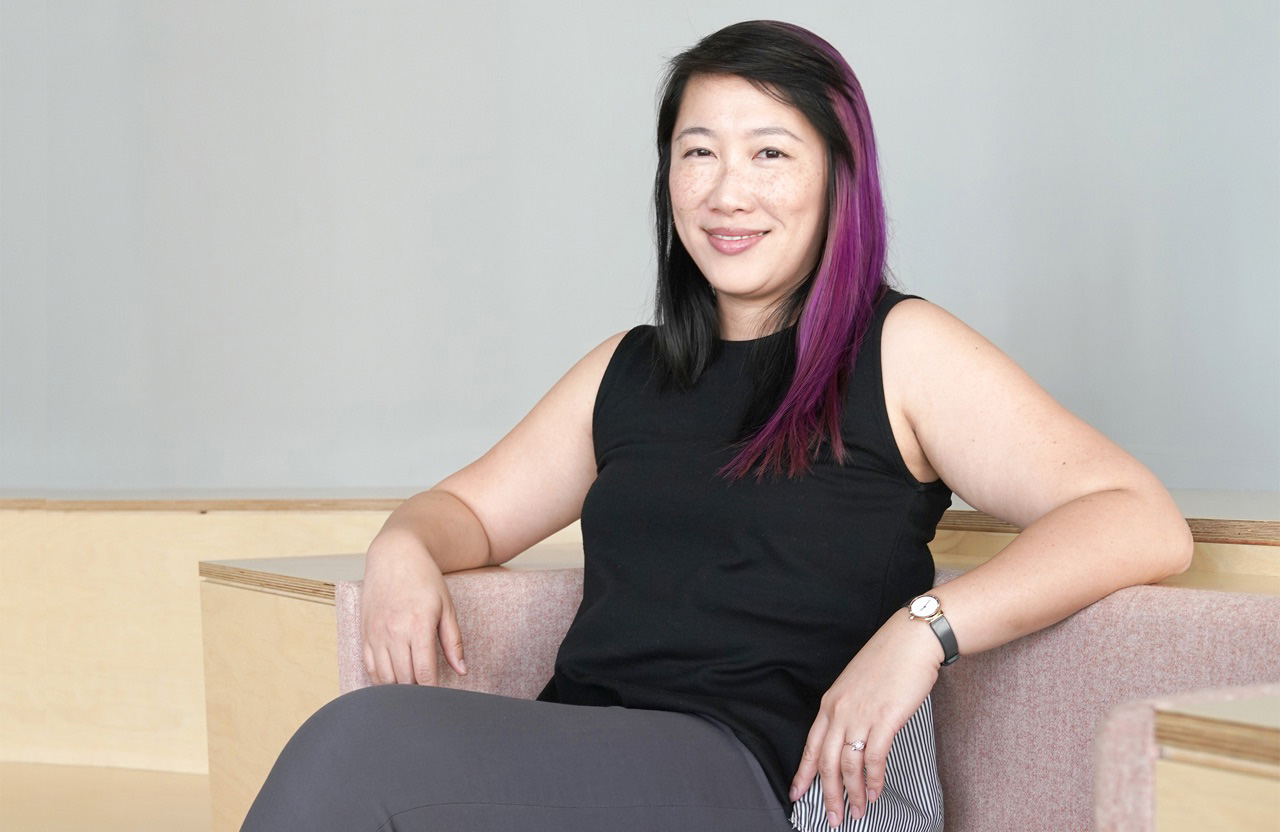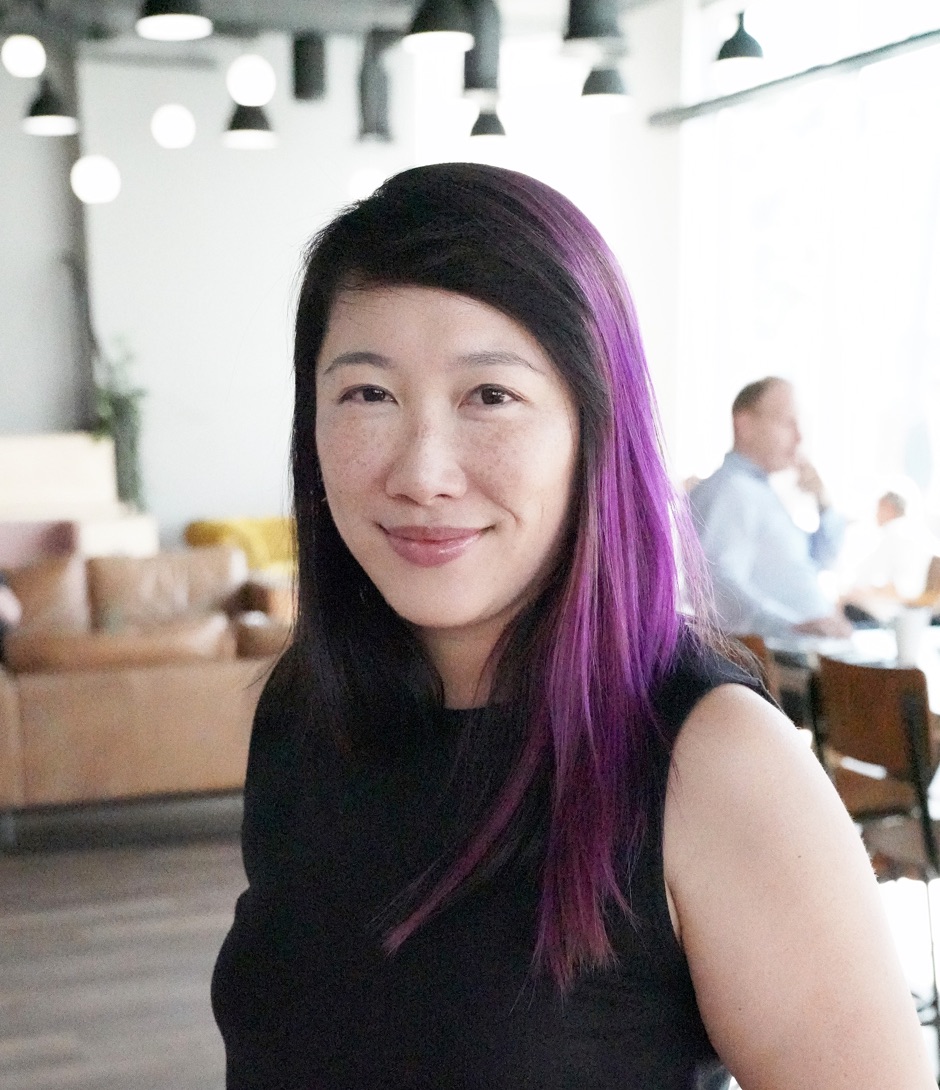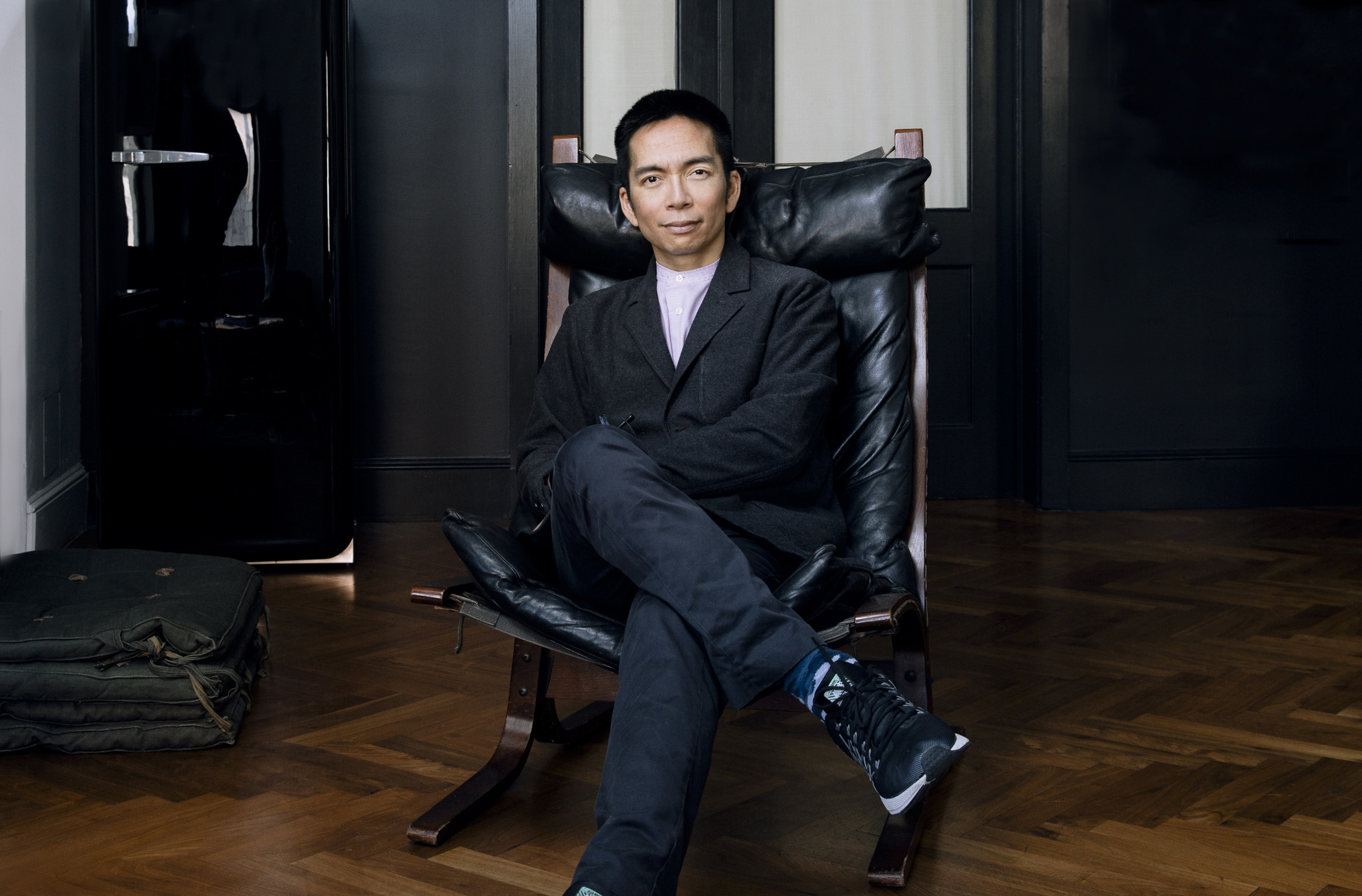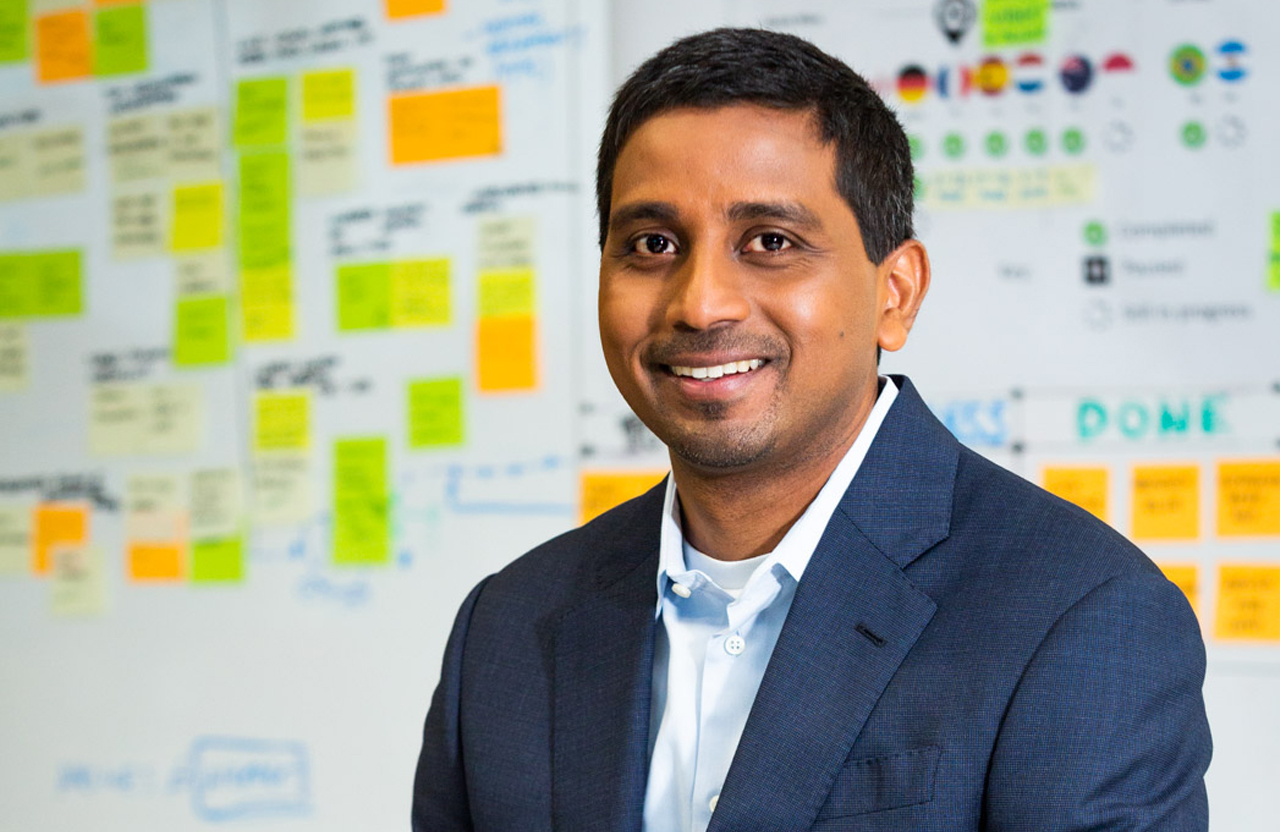When you and John Maeda discussed this opportunity, what did he say that convinced you to join?
For John, he's done so much in his career. He was very honest. He said, "I've had a good run with my career. And I don't have that many jobs left in my life that I desire to jump into. This is a time when I can take risks and fully support others."
For me, I didn’t want to work with Silicon Valley types on disruptive Silicon Valley problems. But I still want risk. The risk here is, we're coming into a big legacy. We’re coming into something that's very well-established. We're coming into an end-up that's like, “Hey, this is what we've done for 20 years. This is how it's worked for us and we're going to keep doing that.” And then you have the CEO who's calling for a new vision, and how aligned he is with John on that is amazing. That tells me that while we have this big old legacy of things we’ve done really well that we should maybe continue doing, Nigel [Vaz] is bringing this fresh perspective of a Digital Business Transformation future. He is personally bringing in John and they're aligned on that vision. It is a big risk to undertake this transformation, but the fact is, this risk is very much aligned from the top. It's a vision that they all have.








